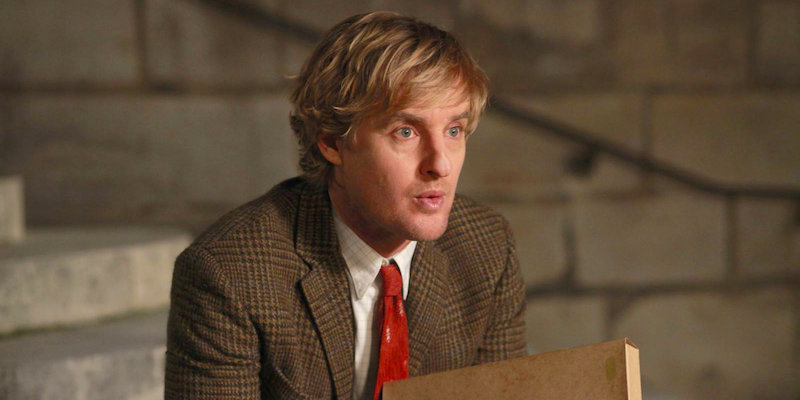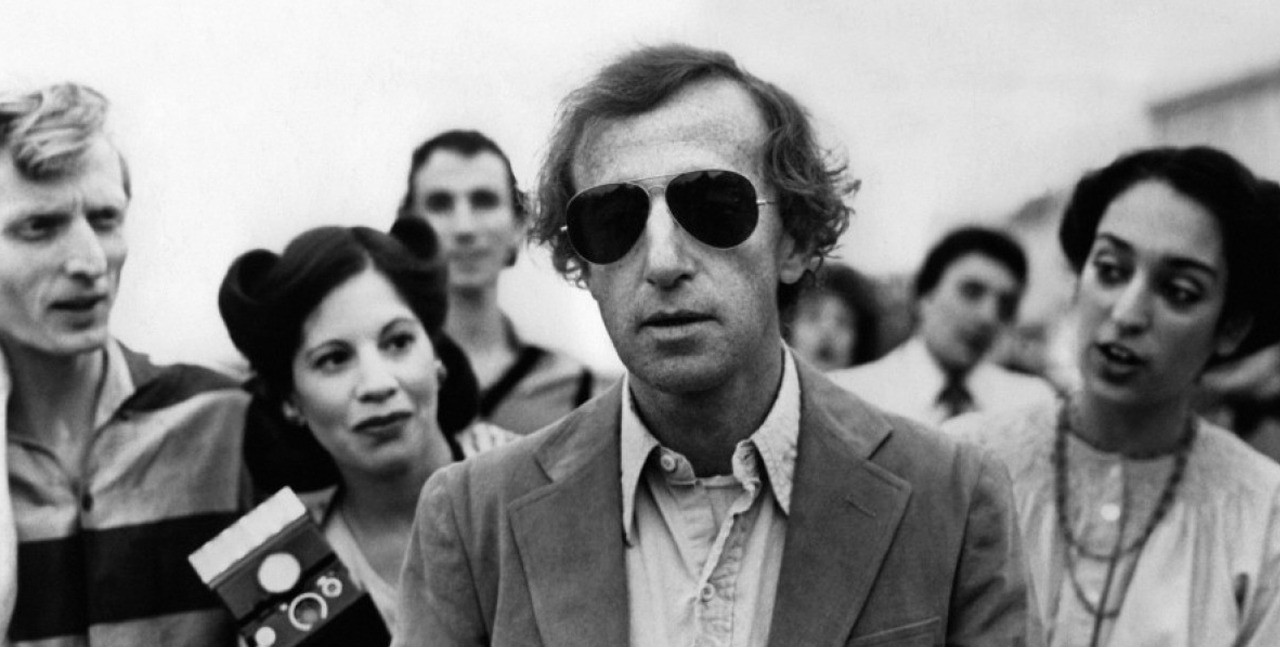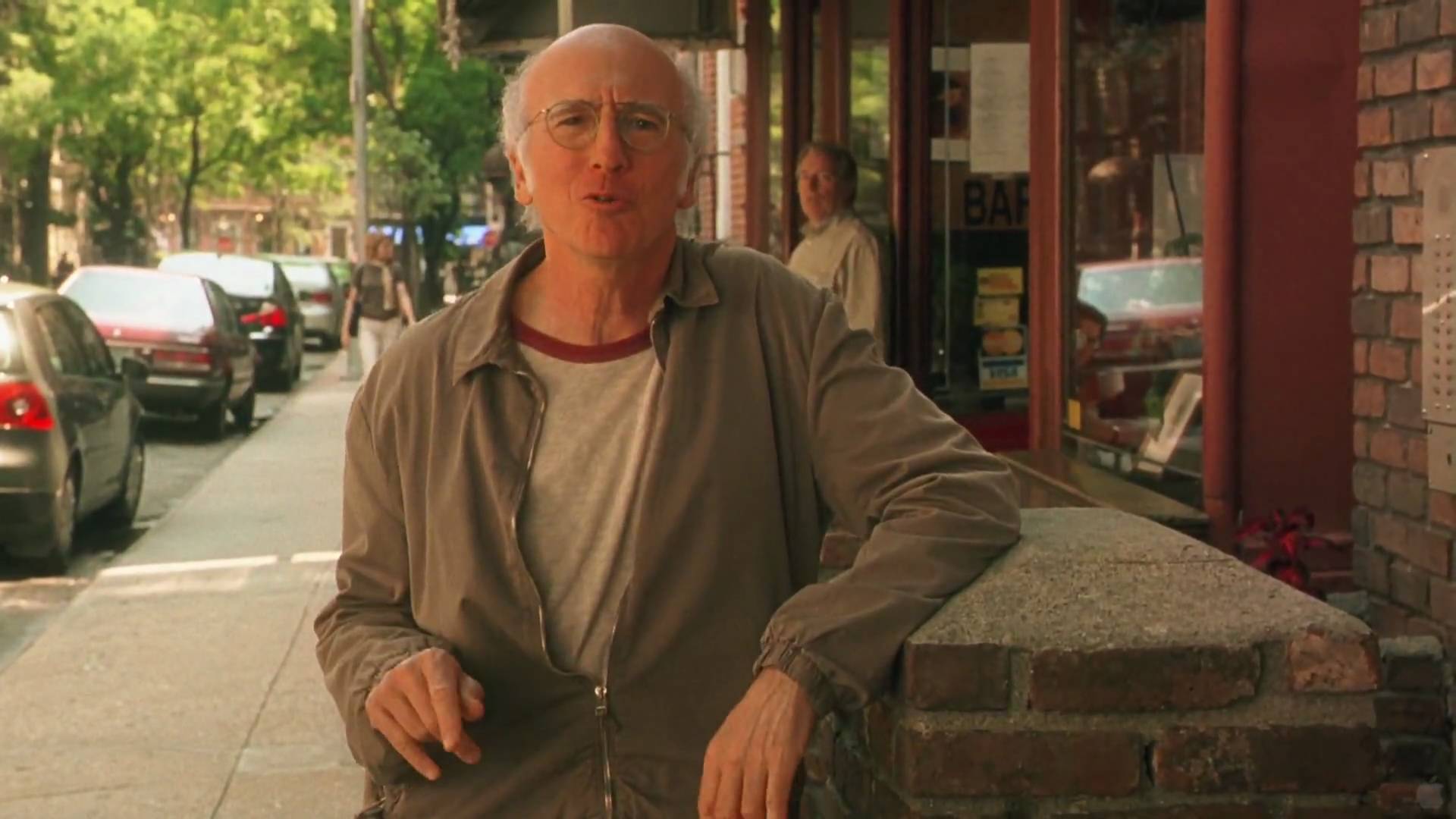
It is true that Woody Allen is a personality that has divided cinema fans across the globe. Whatever you think about him as a person though, there is no denying that he has made some of the most brilliant movies in history.
Although his movies are more well known as light comedies of either the romantic (e.g. Annie Hall, Magic in the Moonlight) or the slapstick (e.g. Love and Death, Take the Money and Run) kind, there is almost always some serious undertone that sometimes can easily be missed. In some of those cases, picking up on that undertone and giving it some thought can result in throwing the viewer into a bout of existential depression.
10 of the most prominent examples of such Woody Allen movies are the following:
1. Match Point

Nassim Nicholas Taleb writes in his book Fooled by Randomness: “No matter how sophisticated our choices, how good we are at dominating the odds, randomness will have the last word.”
Luck is what Woody Allen examines in Match Point. Do we have a say in the outcome of our actions, or are we just stumbling about all helpless, victims of the whims of the universe? Chris (Jonathan Rhys Meyers) thinks he’s the one in control, just like all of us do. So he commits a murder, which he plans down to the last detail. Does he get away with it? There’s not going to be any spoilers here, except that Chris is unaware that the outcome had nothing to do with all his planning, but rather with a chance event so small that it could be considered entirely inconsequential.
Is this happening all the time in real life? Are the outcomes of our decisions ultimately Lady Luck’s decrees? Allen suggests so, Taleb suggests so, and so does, in fact, Malcolm Gladwell in his book “Outliers”. If we think about it too much it can leave us hopeless and paralyzed. So, the best thing to do is strive for the outcomes we want, as that’s the only way to at least stack the odds in our favor.
2. Midnight in Paris

If you are 30 years old or older, raise your hand if you believe that the “good old days” were better and/or that you had an amazing childhood, as opposed to kids today whose childhood is wasted. I’m sure there are no hands that haven’t been raised, as practically everyone feels that way deep down. The word “feels” is key, as it’s only a feeling; facts say otherwise. Steven Pinker and Hans Rosling, in their books “Enlightenment Now” and “Factfulness”, prove how everyone is mistaken thinking that things were better in the past.
Suppose you enter a time machine, you move forwards or backwards in time, and start asking random adults how they feel about the present compared to the time when they were younger. The reply will always be the same – the past was better. In Midnight in Paris, Woody Allen takes that trip backwards in time, and asks that exact question. Gil (Owen Wilson), who is on vacation in Paris with his fiancée Inez (Rachel McAdams), loves the city and daydreams about how magnificent it would have been back in its glory days.
This nostalgic waterfall makes him want to move to Paris permanently, but he ends up arguing with Inez, who is not of the same mind, and who suggests that his idea is based on a romanticized past. He ends up strolling alone at midnight, when a car-slash-time-machine appears and whisks him off to the Paris of old. There he meets some of the most brilliant authors and artists, who used to hang out in Paris back in those days. And, to his surprise, he realizes that everyone believes that Paris is not what it used to be when they were young, and that this belief never changes as he treks even farther in the past.
Nostalgia is such a powerful feeling that filters everything good from your past, presents it to you without context, and makes you feel all warm inside. But nostalgia is a liar, and if it overpowers you, you may end up missing out on life right now, clinging to some distorted version of the past that nostalgia is making you believe was the only time in your life you were happy – even when, some of the times, you actually weren’t. And if that happens, you may wake up one day and realize that, as new wave band Little Nemo put it, all you have left are some photographs, and your eyes to cry.
3. Stardust Memories

If you have done anything that has been successful and popular among the general public, then this movie is a must see for you.
In Stardust Memories, Woody Allen plays Sandy Bates, a filmmaker who relives his glorious personal history during a tribute festival. The identity he created in his filmmaking past doesn’t seem to satisfy him anymore, and he wants to follow a whole different path. He encounters resistance though, by all kinds of people (audience, producers, etc) who loved his former identity and do not accept the change.
The loneliness of this identity crisis is perfectly portrayed during the initial train scene, one of the most powerful scenes ever shot. Sandy is trapped inside a train car full of bleak, silent people, while another train car full of joyful people laughing and talking passes by. Sandy tries to escape his train car, but all exits are locked.
Creating a fixed personal identity is a very dangerous thing, especially when it is an identity that other people cling to in regards to you, e.g. if you write certain types of books, or make certain type of music. Enough time passes, and you look back and realize that it was all fine and dandy then, but you are a different person now. And then you realize you are trapped inside a very specific box you have created for yourself, from which escaping seems impossible, or, at least, not possible without taking a lot of damage.
4. Whatever Works

What’s it like to be a person of slightly above average intelligence, trying to navigate life around people who are incapable of critical thinking? It can get frustrating at times. It’s not a really big deal though, it’s not a tormenting experience (mostly!) Sure, but how about being a person belonging to the top 1% of the top 1% of genius? Is that frustration raised to the power of 10? Of 100? Is life tolerable when everyone around you looks like a bumbling idiot in your eyes?
This is what Woody Allen tries to answer in Whatever Works, through his super-intelligent hero, Boris (Larry David). Boris, whose genius makes him capable of realizing that there is an audience watching him, and interacts with it, is unable to live the everyday life of a regular human, resulting in him having tried to kill himself more than once. Melody (Evan Rachel Wood) enters his life and manages to make him, not find meaning in life, certainly (this is Woody Allen, after all, not Nora Ephron), but at least tilt his point of view a little and accept that life is livable as long as you go with whatever works.
In a world where the majority believes they themselves are smart while the others are idiots, a lot of people will identify with this movie, thinking they are in Boris’ shoes. But that’s not a bad thing. Ignorance is bliss, they say, and the very few that are indeed in Boris’ shoes probably, like Boris, find it very hard to find any meaning in existence.
5. Irrational Man

What about someone who is not at the top percent of genius, but is however highly intelligent, as well as a studier and professor of philosophy? Does philosophy help find meaning in life? Or does it make matters worse.
According to Allen, it can drive into such boredom, which, paired with arrogance, can result into a person becoming a murderer, and one who can perfectly feel justification for their actions at that. That’s exactly what Prof. Abe Lucas (Joaquin Phoenix) does in order to feel like life’s worth living again. When he realizes that he’s found out and may spent his new acquired joy for life from behind bars, he doesn’t hesitate to consider murder again.
If there’s something really depressing here is, same as in Whatever Works, that the more you think about life, the less satisfied with it you’re going to be. Sometimes though, seeing ignorance around you may result in developing an arrogance that will lead you down questionable paths. Both Irrational Man and Whatever Works seem to suggest that happiness and a thinking mind cannot coexist.